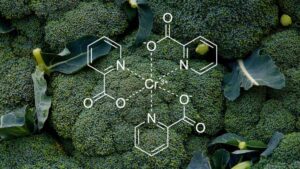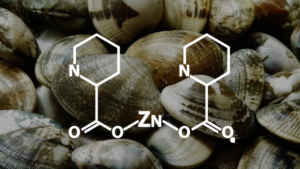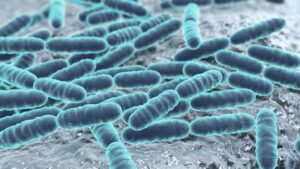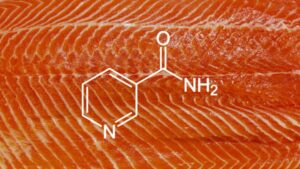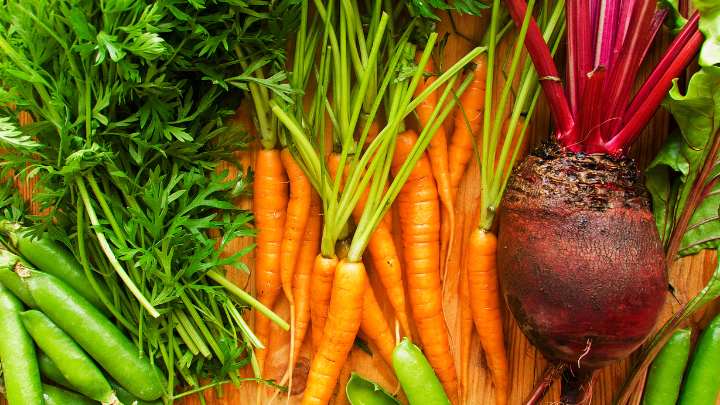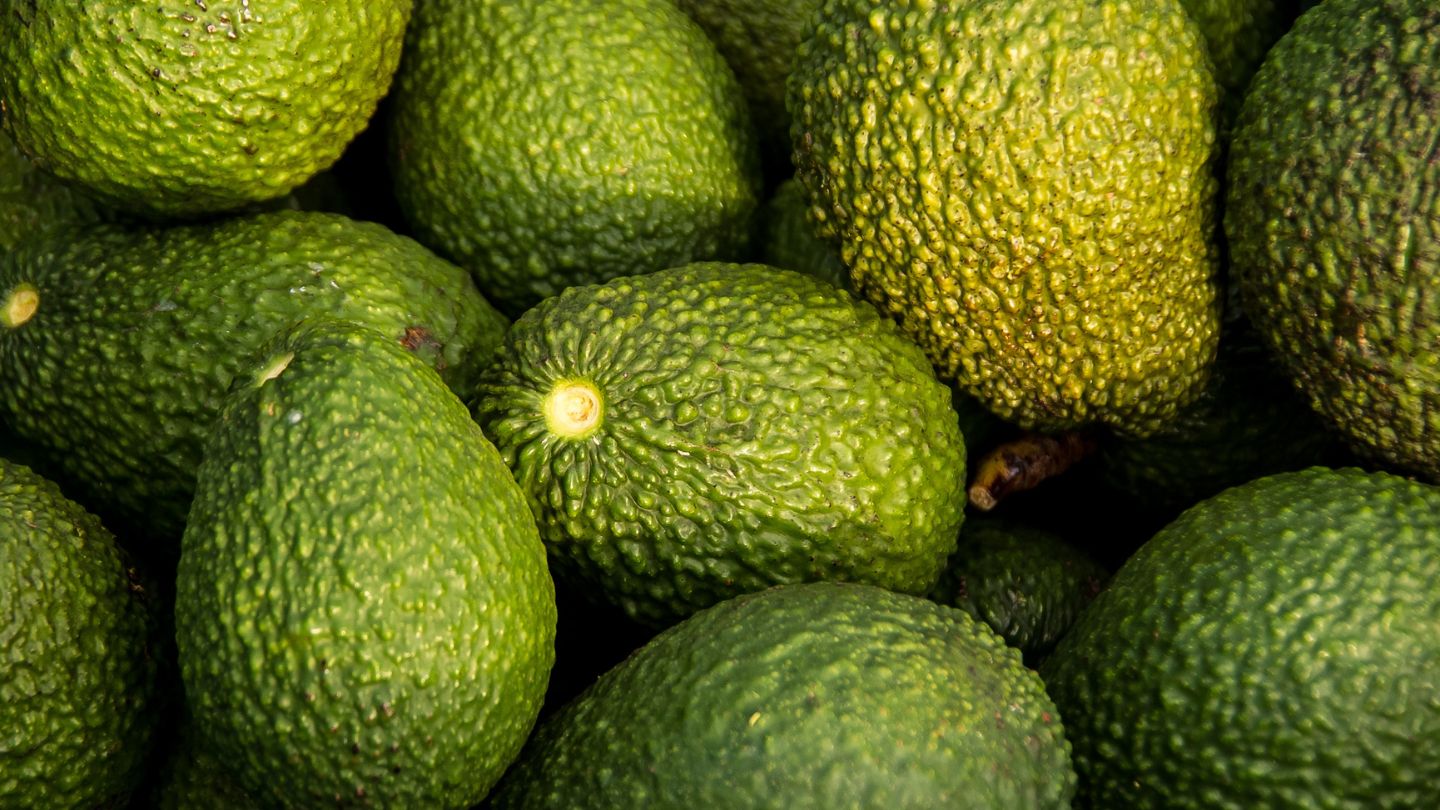Nutrients in the environment have a direct impact on all organisms. Indeed, your body responds to multiple environmental cues in order to cope with natural fluctuations. Thus, whilst trying to pursue a healthier and potentially longer lifespan, it becomes imperative to adopt a nutritionally balanced diet that suits you best.
Needless to hint at the utter importance of complex nutrient and nutrient-sensing pathways in our bodies. These networks delicately modulate a myriad of cellular activities such as metabolism, growth, and ageing [1]. As such, the role of proteins in healthy ageing has constantly sparked passionate debates amongst the longevity-seeking community (aka health enthusiasts).
Consider the everlasting topic in town – can a high protein diet actually accelerate ageing, or can you still adopt the habits of your favourite bodybuilders on Instagram?
In nature, optimality is seldom found at extremes. So, let’s find out!
In this article
Free guide to reverse your biological age

- Master the science of rejuvenation.
- Apply proven tips to turn back the clock.
- Transform your health with top longevity specialists.
Dietary interventions and healthy ageing

Ageing involves the undesirable accumulation of structural and functional changes in an organism with time [2]. These changes are expressed by a gradual decline in fertility and physiological functions in the organism, until death. Whilst research on this topic is still all over the lot, dietary mediation including – dietary restriction, calorie restriction, and protein restriction – has gained significant support as a promising strategy to delay ageing.

What makes protein a potential candidate for healthy ageing? Let’s delve into the science behind!
Protein is one of the three essential macronutrients required to maintain life. Consisting of building blocks called amino acids, these molecules are crucial in building bones and body tissues like your muscles. They are also involved in the growth, repair, and maintenance of your cells.
Truth be told, amino acids are considered the basic units of life for very legitimate reasons. However, recent evidence suggests that protein restriction might be more strongly correlated to longevity and metabolic health than dietary restriction or calorie restriction alone [3].
Unlocking the beneficial effects of protein restriction on ageing

Understanding the ageing biology mechanisms is fundamental to the pursuit of an enhanced healthspan. Simply put, it is now possible to draw certain pathways unifying protein intake and the ageing process. Here’s what you need to know about the fascinating effects of a low protein diet:
1. Your body’s ageing defence pathways

Nutritional interventions, like a low protein diet have been shown to inhibit growth signalling pathways such as mTOR and IGF-1 [4]. Suppressing such pathways, in turn, leads to the activation of repair signalling pathways like AMPK and autophagy. The latter two have a beneficial impact in terms of longevity as they protect your cells from various stress conditions. Besides, a low protein diet further induces the production of FGF-21 – a signalling factor that suppresses growth pathways like IGF-1, thereby delaying the ageing process in your body [5][6]. In short, you can activate your body’s ageing defence pathways by following a low protein diet.
2. The promise of sirtuins (SIRTs)

In a nutshell, NAD+ are one of those crucial molecules without which, we would be as dead as a dodo. In turn, sirtuins (SIRTs) are fundamental NAD+ dependent enzymes that maintain metabolic homeostasis. As we age, our NAD+ level decreases naturally. A higher NAD+ level (thus, higher SIRT-activity) has been observed amongst participants following a low protein diet, indicating lowered ageing-phenotype [7].
3. Your inhouse signalling gas (Hydrogen Sulphide, H2S)

H2S (produced endogenously by organisms, including mammals) is known to contribute to stress resistance. Research shows that increasing H2S production through the restriction of sulphur-containing amino acids can lead to inhibition of growth signalling pathways like mTOR, stress resistance, including anti-oxidative and anti-inflammatory effects, thereby improving longevity [8].
Key takeaway

Since most conclusions are drawn from animal studies rather than human studies, research into the impact of protein intake on ageing remains limited. In other words, theories exist, but the data is still lacking due to the complicated nature of such experiments.
Nonetheless, we have amassed a few key takeaways to consider in an attempt to nurture optimal outcomes when it comes to protein intake and healthy ageing:
Your age matters
A distinct clinical trial indicates that a low protein diet is effective at preventing cancer, diabetes/obesity, and improving overall mortality, amongst middle-aged individuals [9]. Conversely, a high protein diet is recommended for adults above 65 to avoid frailty, sarcopenia (a condition characterised by the loss of skeletal muscle mass), osteoporosis, and muscle weakness [9].

In short, an adequate amount of amino acids remains essential to meet your nutritional and muscle-promoting needs, but the ‘’perfect’’ amount actually depends on your age, goals and lifestyle.
Your protein source matters
Recent findings highlight how essential amino acids (branched-chain amino acids being the ‘’bad’’ ones) can have a significant impact on metabolic health and human longevity.
Essential amino acids are those which cannot be produced by your body, and must therefore come from food.
Although high-quality animal protein is a crucial dietary source of essential amino acids, most epidemiological studies relate a diet high in animal protein to a higher risk of overall mortality, particularly through cardiovascular diseases, diabetes, cancer, or dementia [10][11].
Taking into consideration that branched-chain amino acids are generally in higher concentration in animal protein, adopting a primarily plant-based diet with moderate amounts of animal protein, can help add healthier years to your life. The new tradition is good nutrition.

Understanding the importance of the quality, source, and specific amino acid compositions of proteins, and how they can impact you at different stages of your life, is the very first step in developing a healthy nutritional diet that suits you best.
As a beginner with dietary interventions, we recommend restriction of specific amino acids as a potential strategy to improve your metabolic health. Embracing more plant-based foods will certainly reduce your risks of leading diseases, potentially contributing to longevity and healthy ageing.
References


